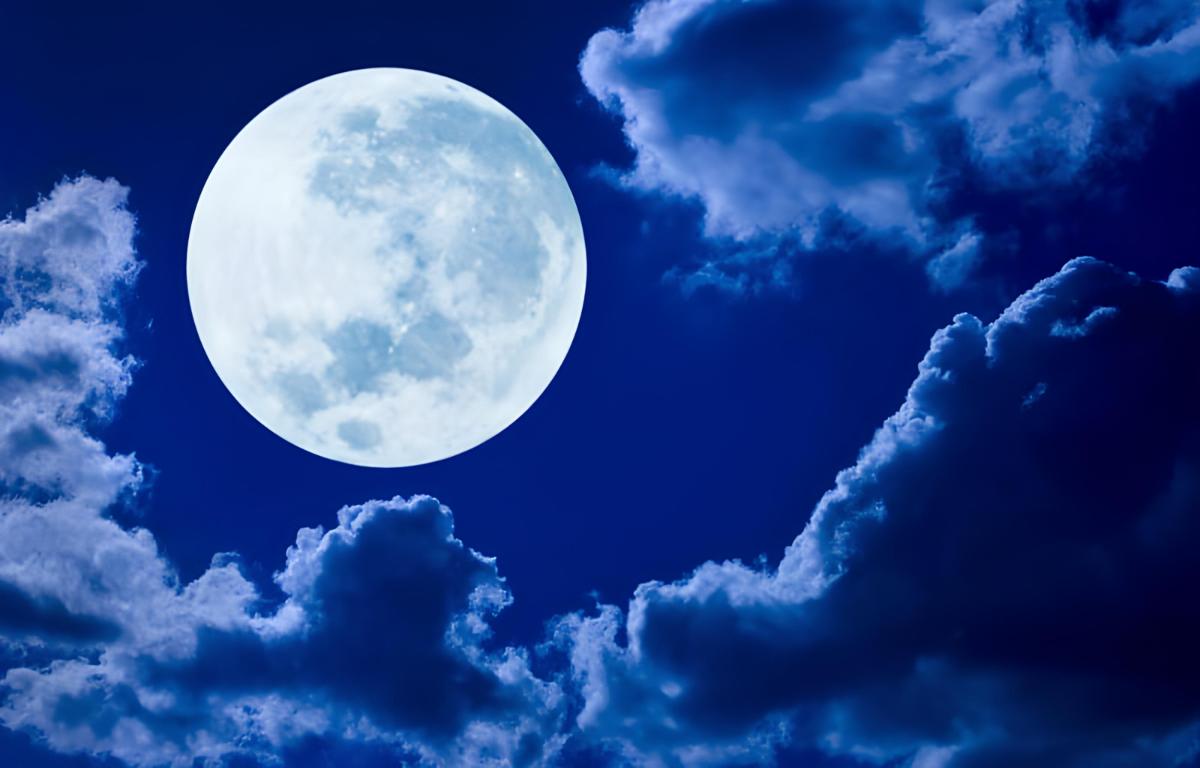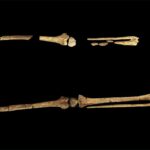Since ancient times, mankind has been captivated by the moon. It is said to possess mysterious properties, the likes of which have a significant impact on the way we conduct our lives on a day-to-day basis. It is still believed that around the time of a full moon, an abnormally high number of children are born and that an abnormally high number of accidents take place. Even though these and a great number of other lunar myths have been exposed as untrue by researchers for a very long time, one lunar myth nevertheless endures to this day: people sleep worse when the moon is full. So, is it really the case?
The presence of a full moon
Surveys indicate a large number of people still believe this viewpoint, even in developed countries. But should we truly assume it is true? No. Several studies have proven that there is no correlation between the presence of a full moon and an increased risk of sleep difficulties on the following night. This was shown via the use of objective sleep measures carried out in sleep labs as well as through the analysis of sleep journals.
Scientists believe that one explanation for this phenomenon is that the moon does not shine as brilliantly as one would expect it to given its size. On a night with a full moon and stars, the brightness is just 0.2 lux. A streetlight generates anywhere from 50 to 100 times more light than this. When compared to the darkness of the night sky, which has a lux reading of 0.001, the full moon appears to humans to be an extremely brilliant object.
The memory of being sleepless under a full moon sticks with you
Because of this, attributing their inability to sleep to the presence of the full moon is scientifically considered to be absurd. But why is it then that such a large number of individuals feel that they are “moon-sensitive“? It is similar to how superstitions got their start; certain nights just stick out more in our memories than others do because we can relate the disruption in our sleep to something more tangible.
Even if the room is appropriately darkened, if we have only had this experience a few times, then it will become subconsciously settled, along with our anticipations; this will be the case even if we have only experienced it a few times. Researchers use the term “self-fulfilling prophecy” to describe situations like this one. In addition to this, people have a biased vision of the world, regardless. “Oh yeah, there was a full moon, and I didn’t sleep well because of it.”
No discernible effects on humans
That sleepwalking might have anything to do with the full moon is just as much of a myth as sleeping worse during the full moon. There is no proof that the moon, regardless of whether it is full or not, has any kind of influence on the human body that can be measured. But for certain creatures, such as the Palolo worm that lives in the South Seas, the rules are different.
This worm, which makes its home on coral reefs, times the laying of its eggs to coincide with the phases of the moon. Every year, on the seventh night after the first full moon of fall, hundreds of worms release their rear ends packed with eggs or sperm, causing their shells to rupture at the surface of the water and causing the eggs and sperm to mix. The purpose of this mass occurrence is to achieve the following goal: the animals that consume the nourishing worm ends will be unable to keep up with the amount, which ensures there is still enough left to assure the worms’ continuous survival.









